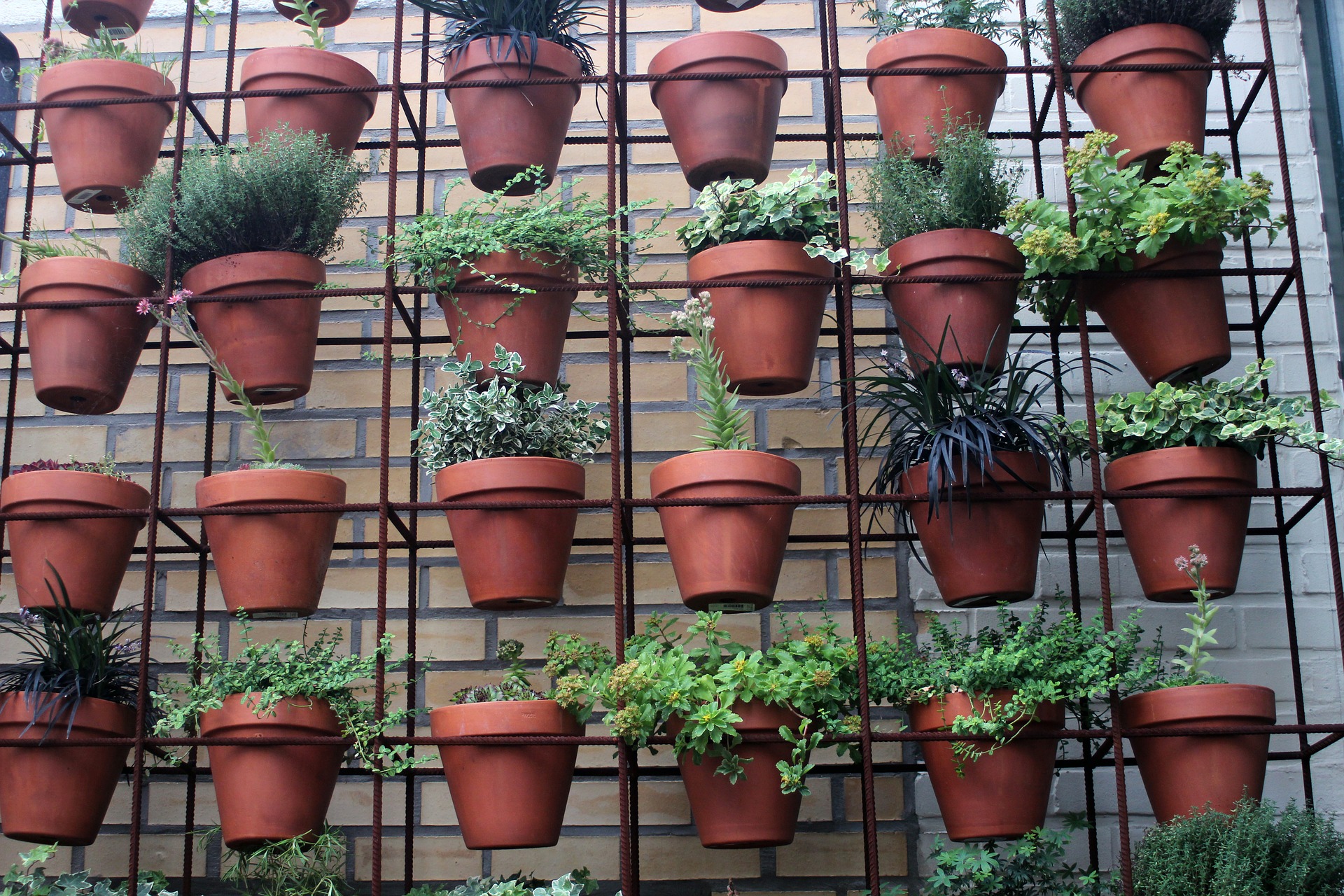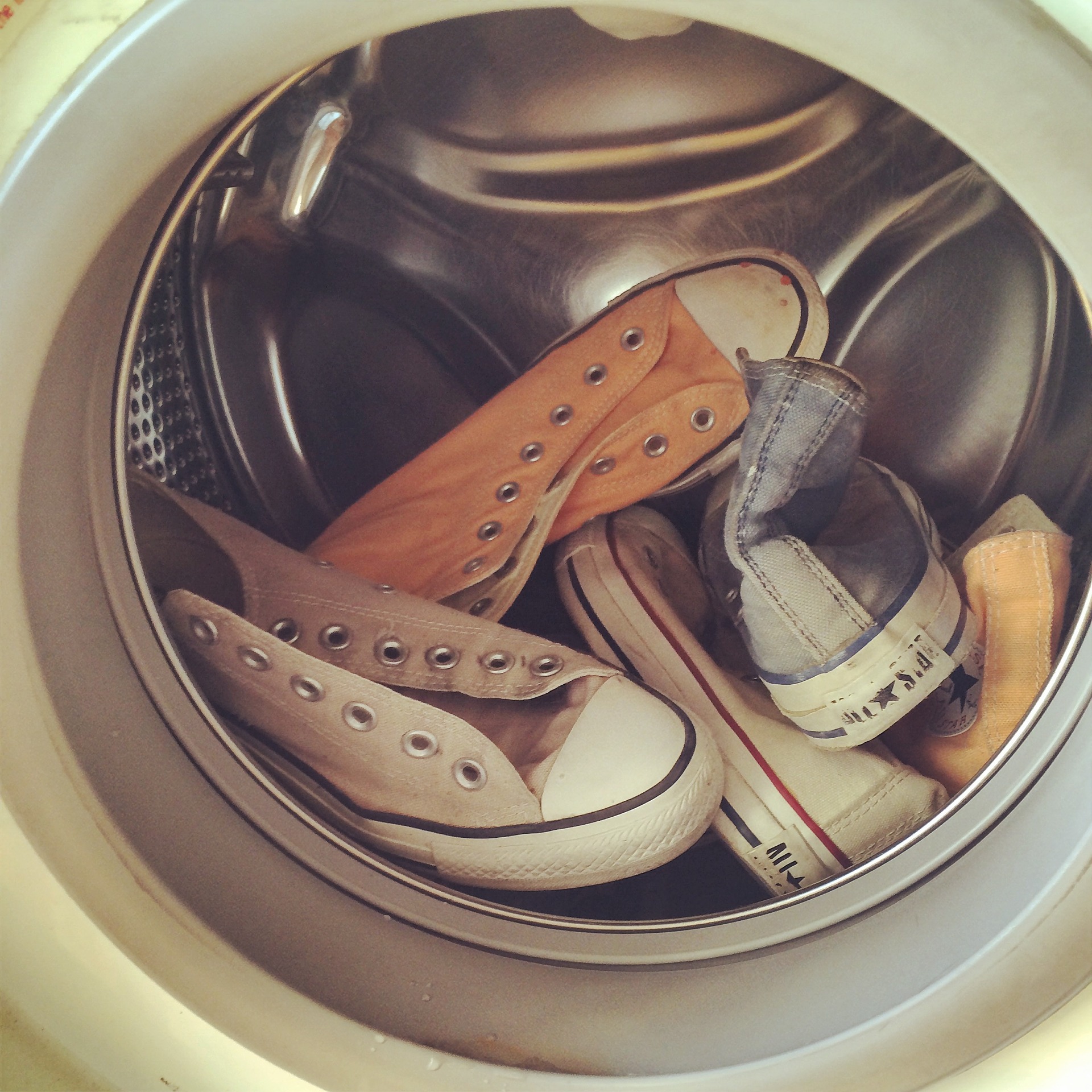Last week I participated in a ration challenge and ate the same amount of food as Syrian refugees do. The weekly ration consisted of almost 2 kg of rice, 400 g of flour, 400 g of kidney beans (one tin), 170 g of dried lentils, 125 g of sardines, 85 g of dried chickpeas, and 300 ml of vegetable oil. That was all I was allowed to eat for the entire week, adding only water to drink!
The idea
The idea behind this food challenge is to experience what it’s like for refugees to be living on food rations. The rations come to an average of 1600 kilocalories per day, the minimum food intake. It’s pretty limited, not only in terms of amounts but also in terms of variety. There is no dairy or eggs, no fresh fruit or veggies, and no meat (I don’t mind the latter).
The goal
The goal is obviously to finish the week on these rations and not too cheat.
However, there is another goal for everyone NOT on rations: to financially support the work done by Act for Peace (the organisation behind this ration challenge) for refugees in war-torn countries. The participants in the food challenge earn rewards if they collect a certain amount of donations. For example, AUD 200 in donations earns 8 tea bags.
Why did I participate?
I’m always up for a challenge like that and I also wanted to personally experience a life on rations. The greater goal of raising awareness for refugees is only something I can hope to have contributed to.
While the awareness is important, I was hoping to gain something else from it: an understanding of how much (or little) food we need on a daily basis. So this is what this post is about, my personal relfection on the challenge, what I missed and didn’t and what I’ve learned.
Things I’ve missed
Given the rations I had I thought in the beginning that I’m certainly going to miss a lot of food. While I can’t deny that I’m also surprised by how little I missed things. What I missed the most was variety. Having rice for breakfast, lunch, and dinner gets very repetitive. I tried to mix it up by having it either cooked or fried but that only lasted so long.
I also missed flavour in my food. Salt was the only seasoning I used. Especially the rice doesn’t have much of a flavour of it’s own. And when it comes to lentils I wish I would have had something to cover up the taste. I’ve never had plain lentils before and now I know why.
I also missed some fresh fruit. When I unpacked our veggie box and was holding fresh oranges in my hands I really wanted to just bite into it.
One not-food related thing I missed was having the same food as my family at breakfast, lunch, and dinner. We usually share everything and it was hard for me to firstly stick to what I was eating while the others had much more tasty looking food than me, and secondly to have to tell my kids that my portion of rice was just mine and not to share. They didn’t really understand that.
Things I didn’t miss
Funny enough there are things I didn’t miss such as coffee, tea, and even sugar. My meals were so plain that I didn’t even want to sweeten them up. Coffee and tea are social drinks for me and since I avoided going out this week I didn’t really miss them either.
What I also didn’t miss was meal planning. I usually make a menu for the week but that was cut short this week. My husband cooked up a large batch of food for himself and the kids on the weekend so I didn’t have to cook (much) during the week.
Things I’m taking away
Of course, the challenge has taught me about how hard it is to live on rations and to have little choice for food. But there are some other lessons I didn’t expect.
I don’t always have to eat. I’m a habit eater, especially when I’m in front of the computer. I routinely have something to snack on without realsing that I don’t really need it. During the week I really only felt hungry in the late afternoon. The rice in the morning kept me going well until lunch time. Lunch then lasted until around five o’clock and then I got very hungry. I was too lazy to cook up any rice to snack on or make flatbreads as a snack so I stuck very much to the three meals a day. I tried to cure any feeling of hunger with some water. And that worked great.
Speaking of water and hungry, I also learned that having an appetite and feeling hungry are too very different things. As I mentioned, I tend to snack throughout the day. I realised that I don’t actually need those snacks. I’m often not really hungry but rather eat because I can. Whenever I thought I was getting hungry I had some water and the feeling went away again.
I need to exercise to get my sleep. Since the recommendation for this challenge was not to exercise during the week, I stuck with that. I don’t necessarily regret it but I felt the impact it had on my body. I felt more tired during the day, I felt colder, and I had trouble going to sleep. Neither of those changes were a result of being hungry (I generally wasn’t hungry) but a sign of my body needing exercise.
Finally…
I can honestly say that I enjoyed some of the food I had during the week. But I also have to admit that I won’t have any rice for a while. The ration challenge has been a challenge with many unexpected revelations about myself. Regardless of it being a challenge to understand the life of refugees, I recommend to do it to learn some aspects of our normal eating behaviour.




